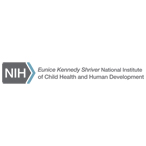Researchers Discover How Embryo Attaches to the Uterus
Researchers funded by the National Institutes of Health have discovered how an embryo initially attaches to the wall of the uterus-what appears to be one of the earliest steps needed to establish a successful pregnancy.

 BACK TO TOP
BACK TO TOP